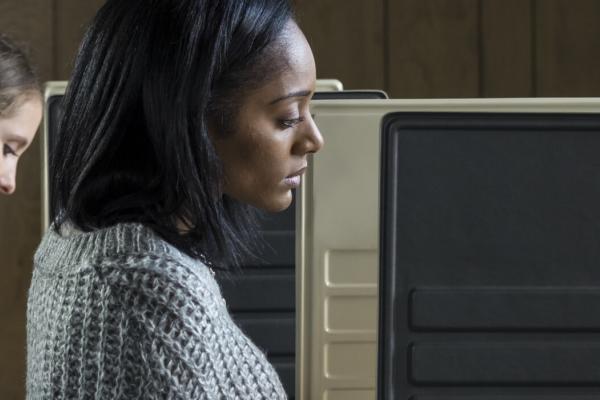A Deeply Moral Act
Voting is a decisive statement of Christian faith that I matter, justice matters, and others matter.
by Richard Rohr
Low voter turnout is generally a sign of a demoralized society, and people of power feed on that demoralization, knowing that they can then easily gerrymander, suppress and limit voting rights, and give elections to the rule of money and lobbyists—and there will be little outcry, because there is so little trust or even interest in the whole system anyway.
Yet this is largely where the U.S. is today.
The powers that control society are quite happy that it is always minorities of all stripes that first feel this powerlessness and this demoralization. Since the early days of representative government, it has been believed that democracy would only work if there was a truly free and informed citizenry. We presently seem to lack both in the U.S. This is why voting is a deeply moral act for me—in rebuilding confidence and encouraging an intelligent and hope-filled society. It is also a decisive act of Christian faith that I matter, society matters, justice matters, and others matter.
Not to vote is to hand our power and our dignity over to people who fear actual freedom, honest intelligence, and faith in the very goodness of humanity.
Voting for Change
I vote because many of my brothers and sisters can’t.
by Myrna Pérez
I vote for a lot of reasons. I love joining my fellow citizens in a community-minded act. I love having a say in picking the leaders who get to decide on things that matter to me. Increasingly, I love to vote and feel compelled to vote because I know there are about 4.5 million Americans living and working in communities across the country who cannot because they have a criminal conviction in their past.
Read the Full Article

